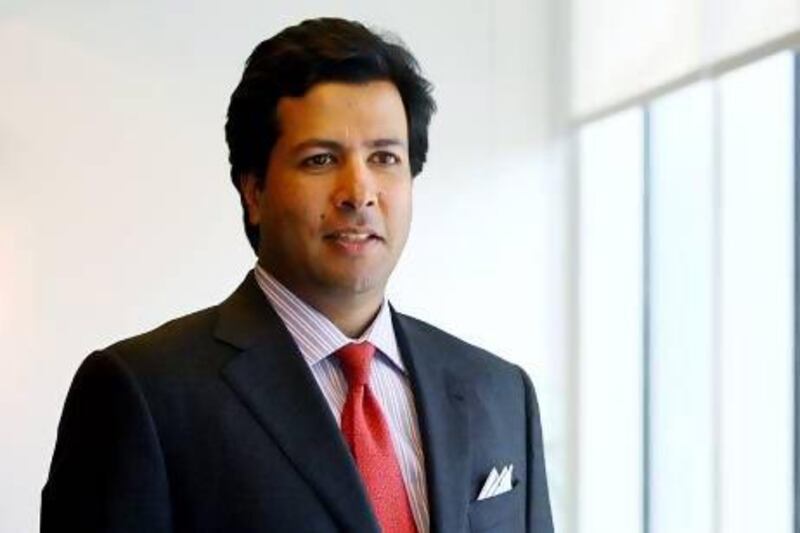Tarun Khanna is the new chief executive of the Nexus Group, one of the largest insurance brokers in the GCC. He talks about the insurance business in the region and the company's future plans.
You have recently taken on the job as chief executive at Nexus. Tell us about your strategy for the company going forward.
I don't think a lot will change in terms of strategy. Mahmoud [Nodjoumi, the previous CEO] and I were working very closely together. But there are plans to expand from a regional standpoint. And we want to take this company into Asia. We are looking at South East Asia, countries like Indonesia, Hong Kong, Thailand. We're exploring these markets and I believe some time in the next two years we will be there.
What are your targets for growing the business?
Nexus currently employs 375 sales people and we want to have 500 working for us in the region by the end of next year. Our plan is to continue our expansion in the general insurance and employee benefits market.
Which parts of your business are going well?
Our biggest seller in terms of insurance is the whole of life insurance, targeted at individuals - in the last two years we've seen a huge increase in the personal insurance market. Given the influx of expats into the GCC, we are seeing an increase in term insurance. This has helped our overall sales, we are big into saving and protection plans. The local population is taking up more insurance as well, which means we are doing well on Sharia-compliant products. So we are seeing improvements across the board.
Did Nexus suffer during the financial crisis?
While our performance does track the economy, it is less volatile. People still buy insurance during a recession. Our business gets negatively impacted when the stock markets drop very quickly. It means that people are more hesitant to invest, to take out savings and insurance plans. So there is a correlation, no doubt about it, but only when there is a sharp drop in the equity markets.
What financial advice would you give people in the region?
I would say that people do not take enough insurance here in the GCC. They look at their earnings today and then take a certain amount of life cover. But the right approach would be to look at what your earnings will be in 10-15 years like, and take out the appropriate insurance. So one of the mistakes we see on the insurance side is that people do not look far enough into the future. The same applies on the savings side. With individual saving plans, people are thinking about today, not about tomorrow. We are doing more to educate people on this. If you know what you are saving every month, it brings discipline to you.
Expats in the UAE tend to be in the country for a limited period. Does that make it more difficult to sell them long-term products like savings plans?
We sell schemes from international providers, so when expats go home they can continue using them. Apart from that, most expats end up staying a lot longer than they think.





